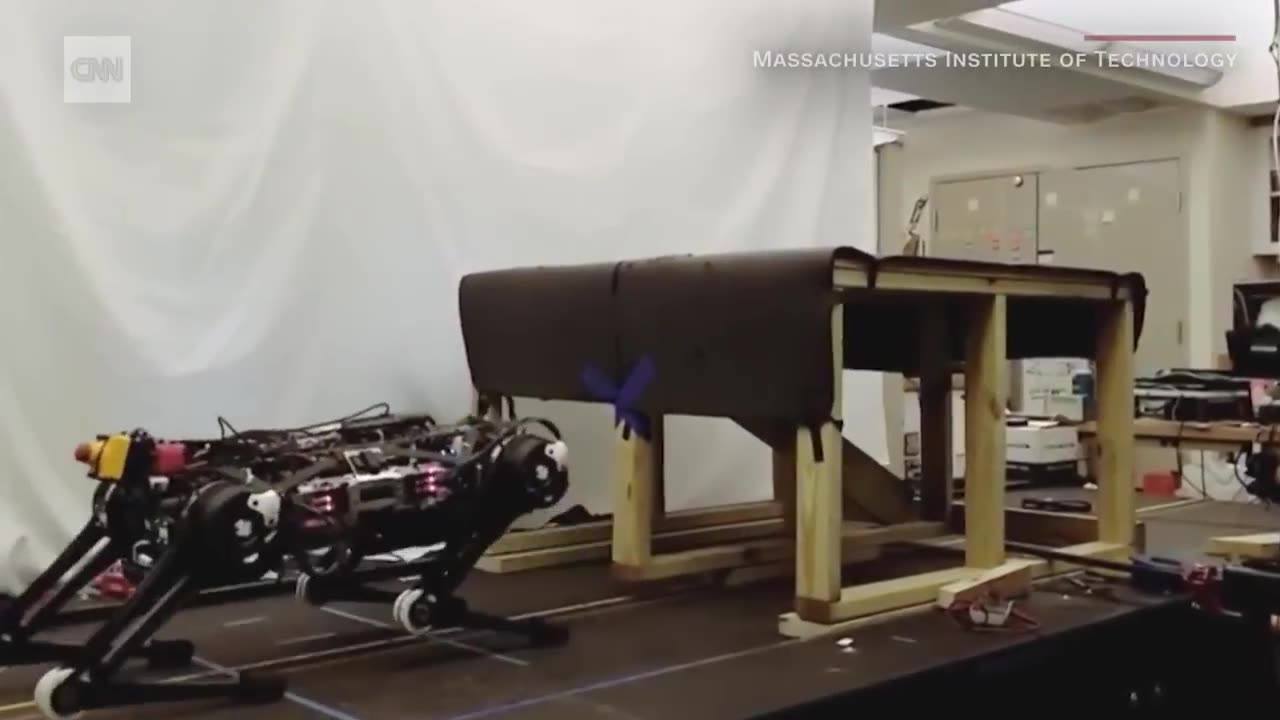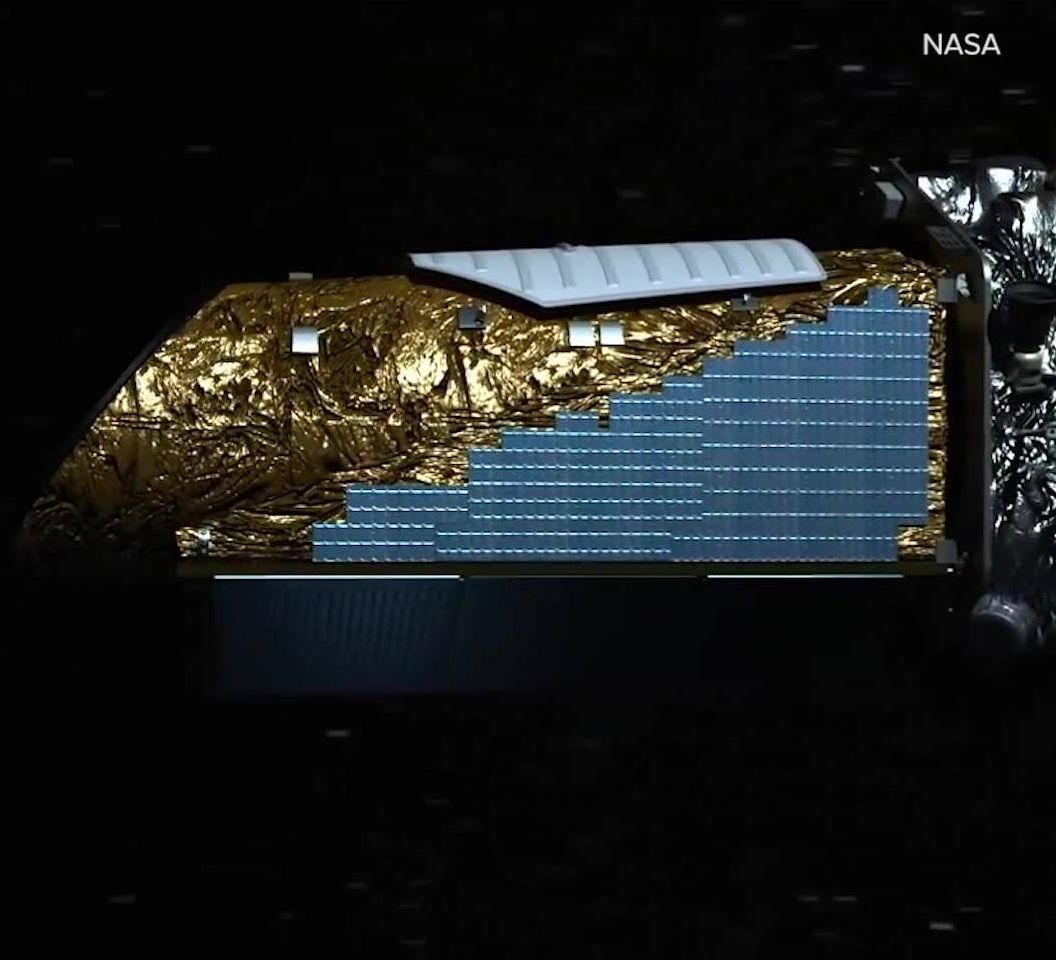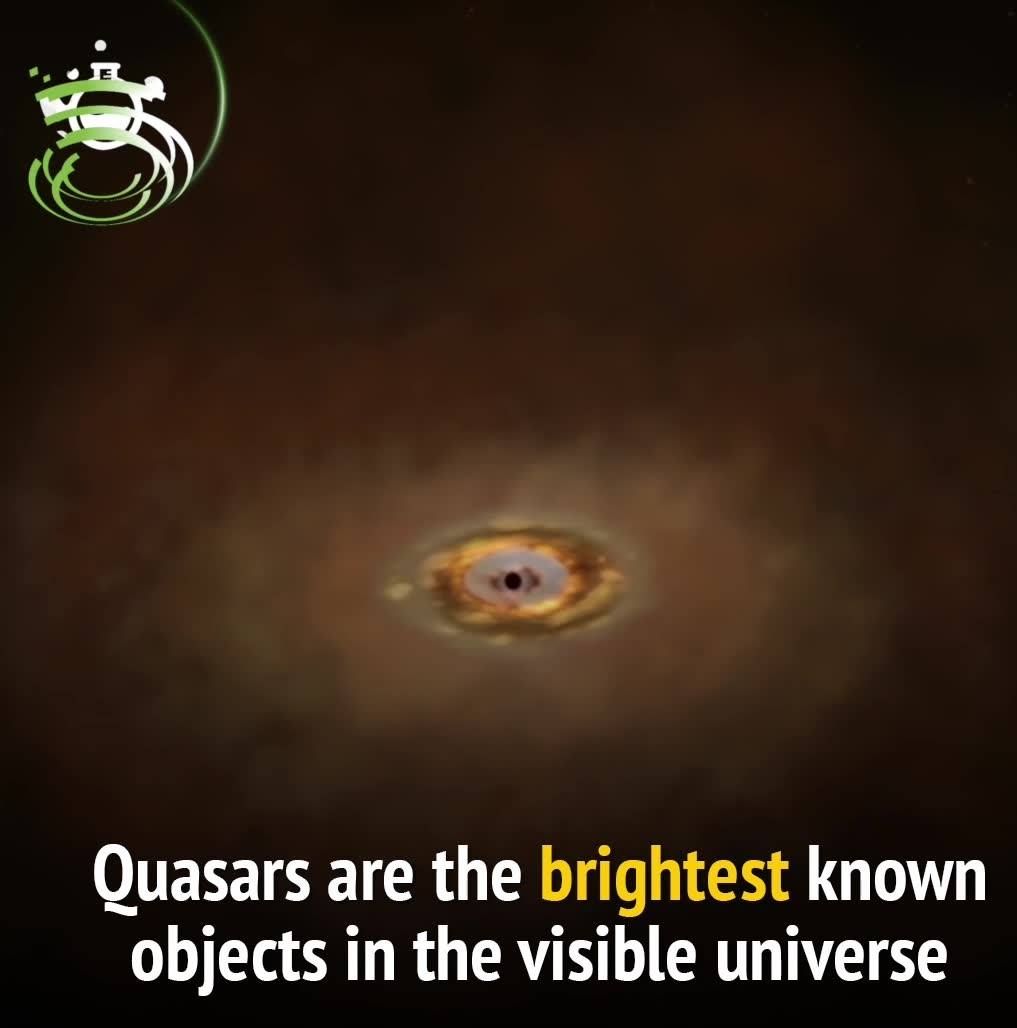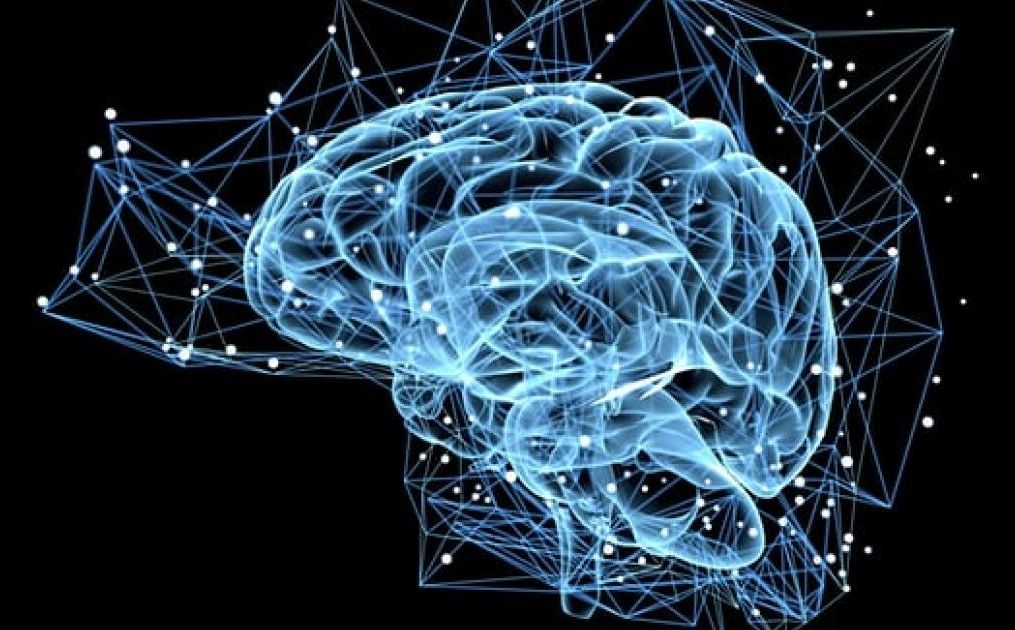Page 9671
Jul 12, 2018
Quasar: The Brightest Objects in the Universe
Posted by Michael Lance in category: space
Jul 12, 2018
‘Blind’ robot can climb stairs, leap on desks
Posted by Dan Kummer in category: robotics/AI

Meet the Cheetah 3 — a “blind” robot designed by MIT that can avoid obstacles and climb stairs using “feel” instead of sensors or cameras https://cnnmon.ie/2KQiJhD
Jul 12, 2018
Chinese cities will soon get thousands of self-driving buses
Posted by Dan Kummer in categories: robotics/AI, transportation
There wont be any left to do along side them, and that should be the goal.
AI is coming, and it’s changing work as we know it. Adaptation is the only way forward.
Jul 12, 2018
Hubble, Gaia produce most precise measure of universe’s expansion rate
Posted by Dan Kummer in category: space
July 12 (UPI) — By combining the observations of the two most powerful space telescopes in orbit, scientists have achieved the most precise measurement of the Hubble constant, the universe’s expansion rate.
The new measurement confirms the tension between explosion rate in the early and late universe, researchers report.
Astronomers can measure the expansion of the universe by measuring a galaxy’s redshift, a change in the wavelength of the light due to a change in the velocity of the object. By measuring the redshift of galaxies using the Hubble Telescope, scientists have established the Hubble constant.
Continue reading “Hubble, Gaia produce most precise measure of universe’s expansion rate” »
Jul 12, 2018
NASA’s Voyager-1 Spacecraft Opens Door On New Way To Look For Dark Matter
Posted by Genevieve Klien in category: cosmology
NASA’s 40-year-old Voyager-1 spacecraft amazes all with ground-breaking new cosmic ray data from interstellar space.
Jul 12, 2018
Caltech’s new machine learning algorithm predicts IQ from fMRI
Posted by Manuel Canovas Lechuga in categories: biotech/medical, health, information science, neuroscience, robotics/AI
Scientists at the California Institute of Technology can now assess a person’s intelligence in moments with nothing more than a brain scan and an AI algorithm, university officials announced this summer.
Caltech researchers led by Ralph Adolphs, PhD, a professor of psychology, neuroscience and biology and chair of the Caltech Brain Imaging Center, said in a recent study that they, alongside colleagues at Cedars-Sinai Medical Center and the University of Salerno, were successfully able to predict IQ in hundreds of patients from fMRI scans of resting-state brain activity. The work is pending publication in the journal Philosophical Transactions of the Royal Society.
Adolphs and his team collected data from nearly 900 men and women for their research, all of whom were part of the National Institutes of Health (NIH)-driven Human Connectome Project. The researchers trained their machine learning algorithm on the complexities of the human brain by feeding the brain scans and intelligence scores of these hundreds of patients into the algorithm—something that took very little effort on the patients’ end.
Continue reading “Caltech’s new machine learning algorithm predicts IQ from fMRI” »
Jul 12, 2018
Ghostly particle caught in polar ice ushers in new way to look at the universe
Posted by Genevieve Klien in category: particle physics
Neutrino-detecting IceCube teams up with other instruments to study distant galaxy’s “blazar”.
Jul 12, 2018
Flying Trains Could Be Coming Your Way
Posted by Genevieve Klien in category: transportation

A French firm has designed an airplane with removable wings that it’s presenting to Boeing, Asia to cut Europe dependence.
















